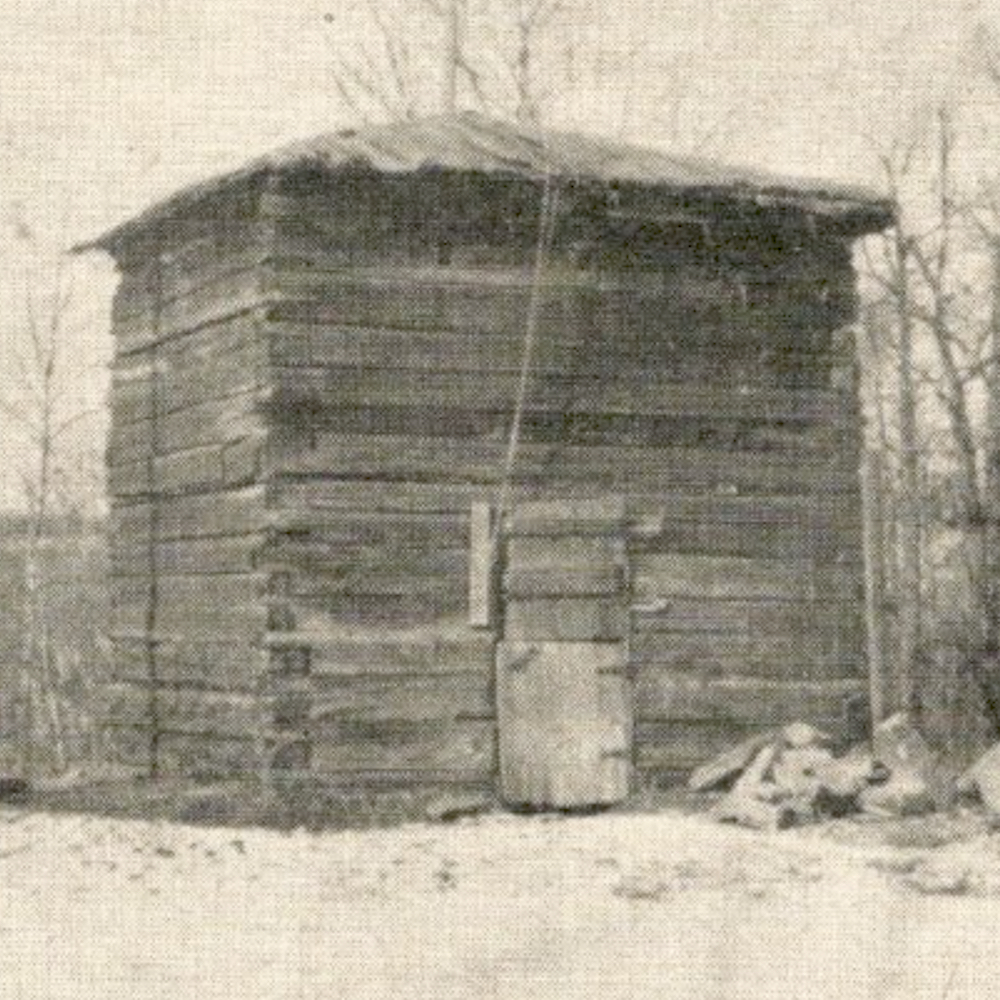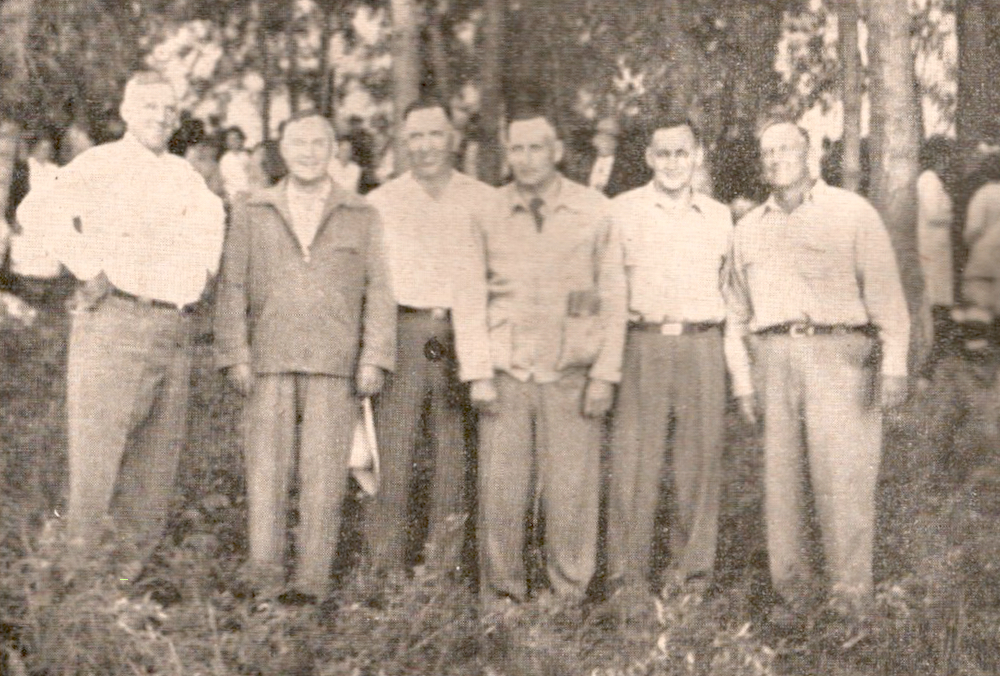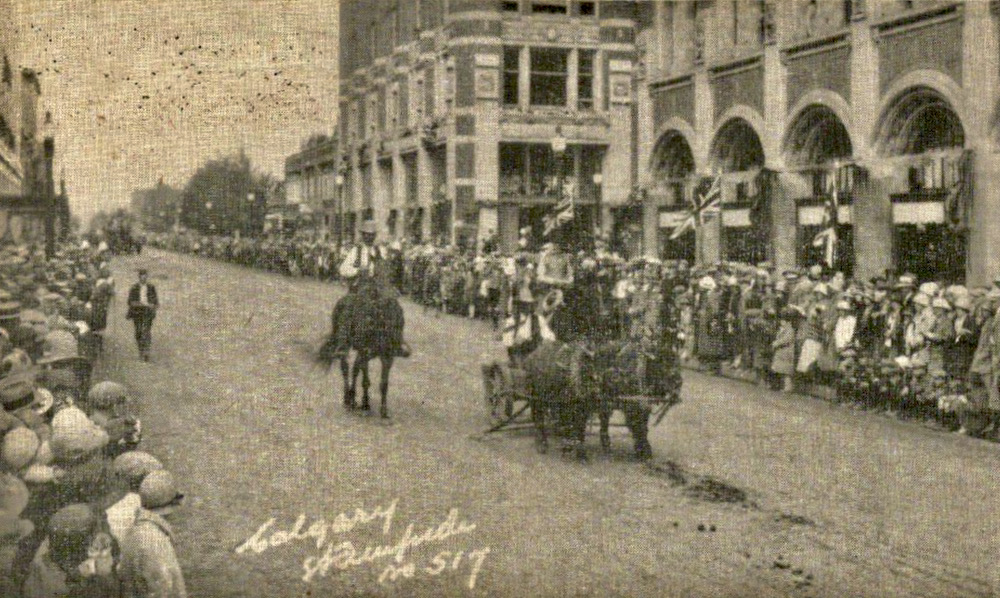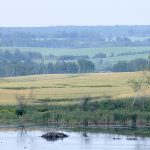The Mystery of Violin Bill
By Freda Graham Bundy
Violin Bill was one of the big mysteries of the early days in the Pincher Creek district. When I questioned an old-timer about him, this is what he told me.
It was about 70 years ago — when we were at the cow camp on Dry Fork. We were sitting around the stove one evening, for although April had commenced, it had come in with a nasty blizzard and the cold wind wasn’t any spring zephyr.
Read Also
History: Reminiscences of the North West Rebellion, 1885
Reminiscences of the North West Rebellion, 1885By Annie L. Gaetz ‘The seat of the North West Rebellion of 1885, was…
The captain of the roundup was just cussing the weather and everything in particular, when we all stopped talking, for above the roar of the wind we could hear the most blood-curdling wails that it was possible to hear.
They reminded me somewhat of a dying bobcat or a lynx that had got caught in a trap, but they sounded a dozen times more uncanny. Cap jumped to his feet, grabbed his mackinaw and called, “Come on, let’s go and see what’s disturbing our privacy.”
We all went, even though the wind was cold and it was a miserable night, for that wailing noise had given us all the jitters and no one wanted to be left alone.
Those weird howls had been bad enough when we had been in the shelter and warmth of the shack, but outside in the eerie light of a snowy night they just about curdled our blood. It seemed as if they were coming from the butte to the left and in that direction we made our way.
Suddenly Cap shouted that he could see an object ahead and as we neared the thing, it stopped its horrible howling. We couldn’t believe our eyes, for there, sitting on the snow-covered prairie was an old man with a violin in his hands.
He looked half-frozen and made no attempt to speak, but pointed to his leg, which was weirdly twisted below the knee. We could see that it was broken so we picked him up and carried him back to the shack as gently as we could, then made him comfortable in one of the bunks.
After cutting off the old gent’s pant leg, Cap made a couple of good splints and fixed the leg up as well as he could but still the old man didn’t say a thing. So then, we gave him some hot tea, with a bit of a stick in it, that we keep for an emergency.
When he had finished drinking this, the old man made motions that he wanted to write something. We thought maybe the cold and shock he had suffered had made him dumb or crazy, but we hunted up a pencil and piece of paper. As he wrote, we crowded around and read his strange story.
He had come out from the East, to visit an old friend that he thought still lived on the ranch across the river — about nine miles from our cow camp. When he had got to Pincher Creek, by coach, he left his baggage, with the exception of his violin, which was a very valuable possession.
Hiring a saddle horse, he started to ride to the ranch, but during the blizzard he lost the trail and his horse stepped into a hole, throwing the old man violently to the ground, breaking his leg. Being frightened the horse ran away, probably back to Pincher.
Night was coming on and the old man realized that if he didn’t do something very quickly, he would stand a good chance of freezing to death. He saw the butte in the distance, so, slowly and painfully, he started to crawl towards it. He thought if he could just reach the top he might see if there was a shack anywhere near.
It certainly must have been pretty tough for the old fellow, dragging that broken leg along over the frozen, snowy ground and all this time holding his precious fiddle, which, fortunately, didn’t get injured in the fall.
After what must have been a long time, he got to the top and saw the lights of our shack. Even though this cheered him and give him a little added strength, yet he soon found he could crawl no farther. He had just about made up his mind that he would be forced to die in that whirling blizzard, when suddenly he thought of his violin. Taking it from its case he drew the bow across the strings as harshly and loudly as possible. Luckily the wind was in the right direction and we heard him.
“Why didn’t you holler?” asked Cap, and once more the old man wrote.
He had been dumb ever since he had met with an accident some 25 years before at a fire, in an eastern theatre. The reason he thought so much of his violin and always carried it, was because it had belonged to his father who lost his life in that fire.
The next morning the old man played for us. Since those days I have travelled a lot. I’ve heard lots of music in the largest cities in Canada and the United States, but I’ve never heard anything like the way that old gent played for us, a bunch of rough cowboys in that little shack on Dry Fork.
The weather was bad for several days and all the time we heard bits of a beautiful melody, the kind of music that tugs at your heart. The old man would play a bit, then repeat it and add a little more.
Never once did he offer to state who he was or where he had come from and we didn’t ask him, then when the weather cleared, Cap drove him in to Pincher Creek and the doctor. After he got his leg in a cast he went back east.
While he had been with us, we nicknamed him “Violin Bill,” forgetting that although he had lost the power of speech, he still could hear. I often saw him smiling at some of our conversation.
About three or four months after he had left, one of the boys was reading an eastern paper that had been sent to him by his folks. In it was an article telling about a musical masterpiece that had been composed by a famous musician who wished to keep his name a secret. The man did say that he had composed the piece during a forced vacation with some cowboys near the little town of Pincher Creek in the west.
We were fairly hilarious after we read that. The old boy really was somebody famous and to think that he had created that beautiful piece of music in our little old log cabin on Dry Fork. We were as proud as a new father over the whole thing but we did wish that there was some way that we could find out who he was.
The summer went by, the fall roundup and then Christmas drew near. Cap went in for supplies and the usual Christmas goodies, but we waited anxiously for him to bring out the mail, the parcels and the letters from our folks back east.
When he came in the bunkhouse that night, there was a twinkle in his eye and he said, “Here’s a great surprise, boys, or at least, I think it is by the labels that are on it.”
As we crowded about the big box, we thought as Cap did, that it was some sort of present from our fiddler friend. It didn’t take us long to get that box open and there in the straw, lay six bottles of brandy and six bottles of good rye. There was a card on top and I made a grab for it. At last we would solve the mystery as to whom our friend really was.
“Listen!” I cried, then stopped and simply stared at the card. It was still a mystery and it always remained a mystery, for on the card was written, “With best wishes and kind remembrances from — Violin Bill.”















